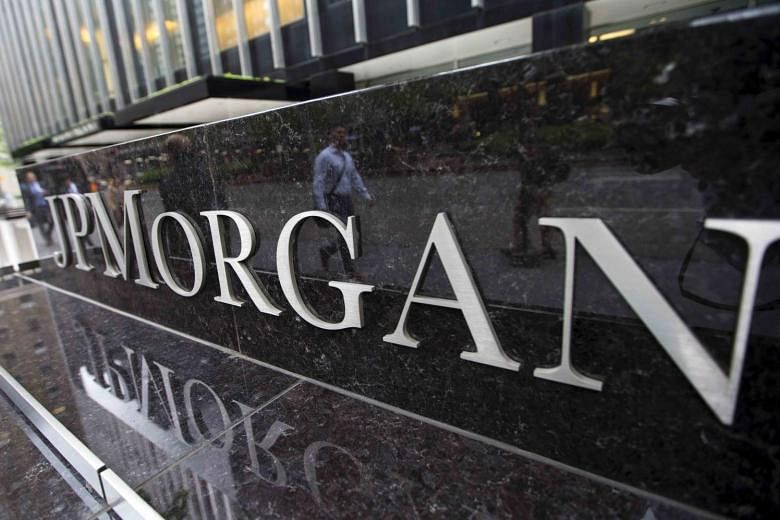WASHINGTON (BLOOMBERG) - Law enforcement authorities arrested four people in Israel and Florida and revealed a complex securities fraud scheme tied to the computer hacks of JPMorgan Chase and other financial institutions.
Officials said a fifth person remains at large.
The morning arrests are the culmination of a months-long investigation of several friends who met more than a decade ago at Florida State University and are linked by an FBI memo to one of the largest US bank hacks in history - one that JPMorgan officials argued initially was the work of the Russian government.
Behind the indictment unsealed today is a remarkable story of unpredictable alliances in modern computer crime tying two former college buddies to a multi-layered criminal organisation with tentacles reaching Moscow, Tel Aviv and West Palm Beach.
In the indictment, one of the friends now living in Israel and another person are charged with securities fraud in a plan to pump up the value of low-volume stocks.
Two people arrested in Florida are charged with running an unlicensed money-remitting business related to the scheme.
At least five stocks were manipulated in 2011 and 2012, according to the grand jury indictment unsealed on Tuesday in Manhattan federal court.
Three men including two Israelis charged by the US allegedly conspired with two unidentified men from New Jersey and Florida.
The US men, who aren't charged with a crime and identified only as "promoter 1" and "promoter 2," picked publicly traded companies as targets for manipulation, prosecutors alleged.
In some cases, the men sought to cause private companies to go public, so they could be targeted as part of the scheme, according to the indictment.
The men charged are Gery Shalon and Ziv Orenstein, both Israeli citizens, and Joshua Samuel Aaron, a US citizen who resided in both the US and Israel.
The US said the defendants used mass e-mail campaigns and pre-arranged trading to artificially drive up the price and volume of targeted stocks, in a classic 'pump and dump' scheme.
At one point, two of the defendants allegedly met with their New Jersey co-conspirator in Kiev, Ukraine, as part of the scam.
Trish Wexler, a spokeswoman for JPMorgan, declined to comment.

